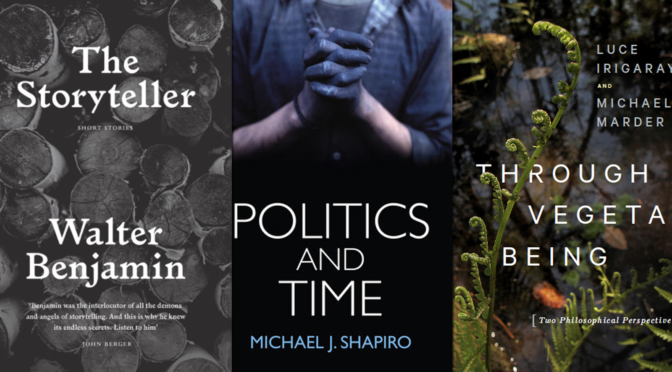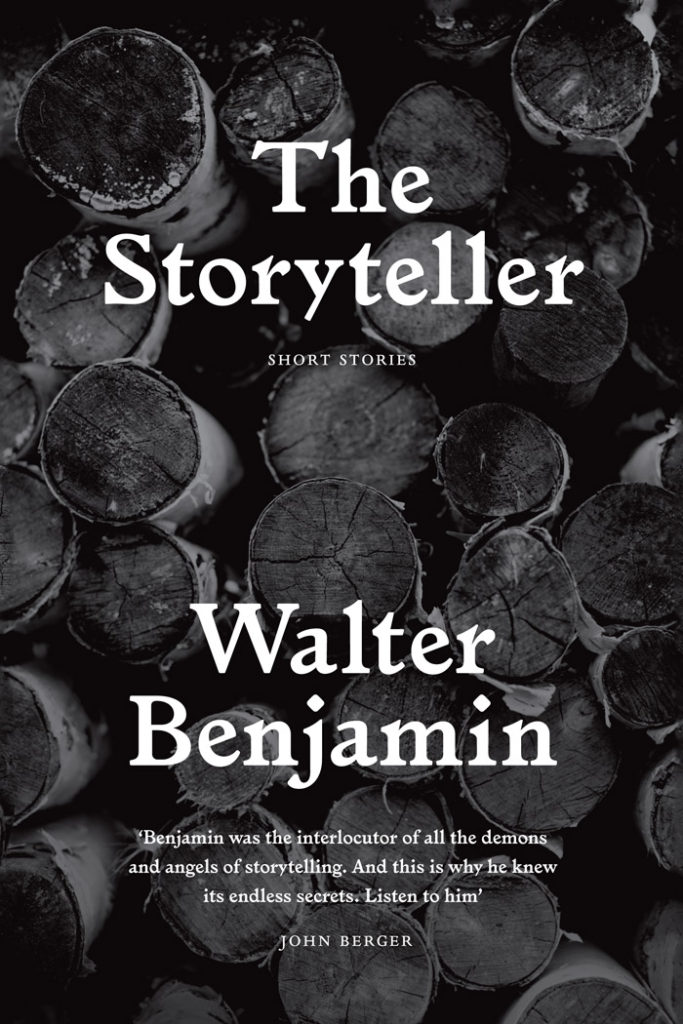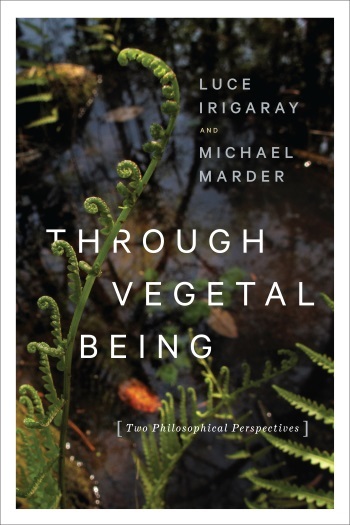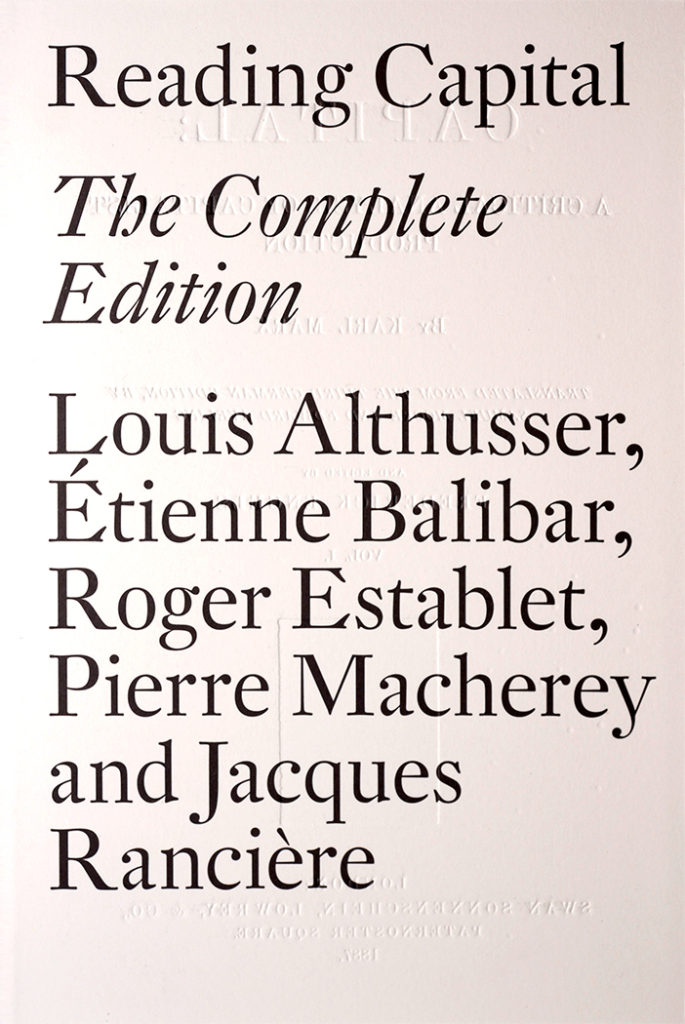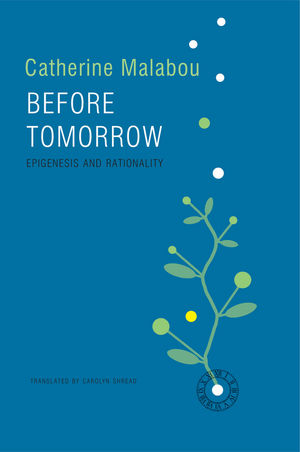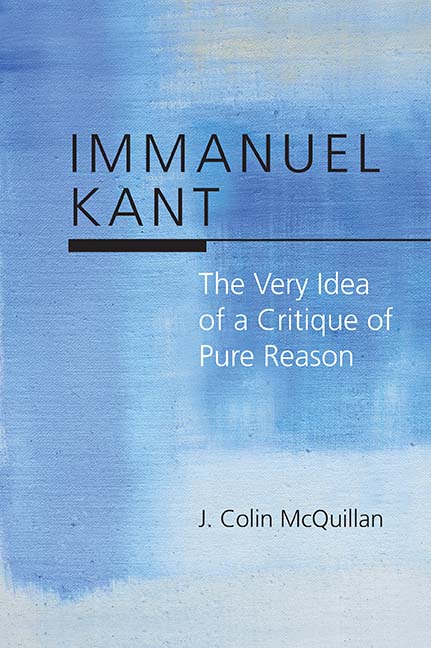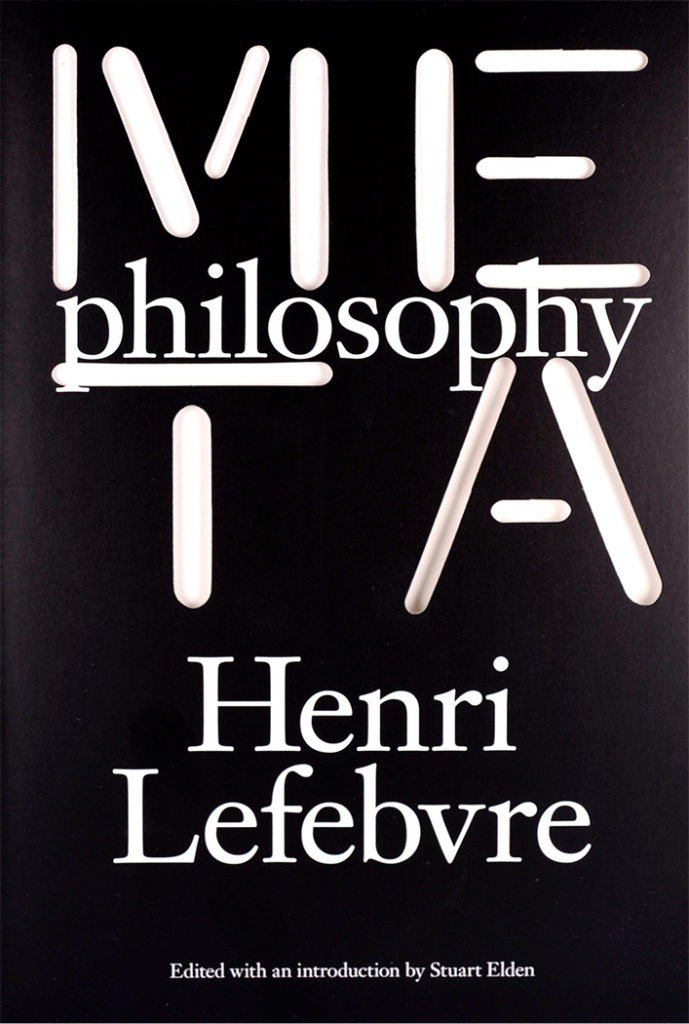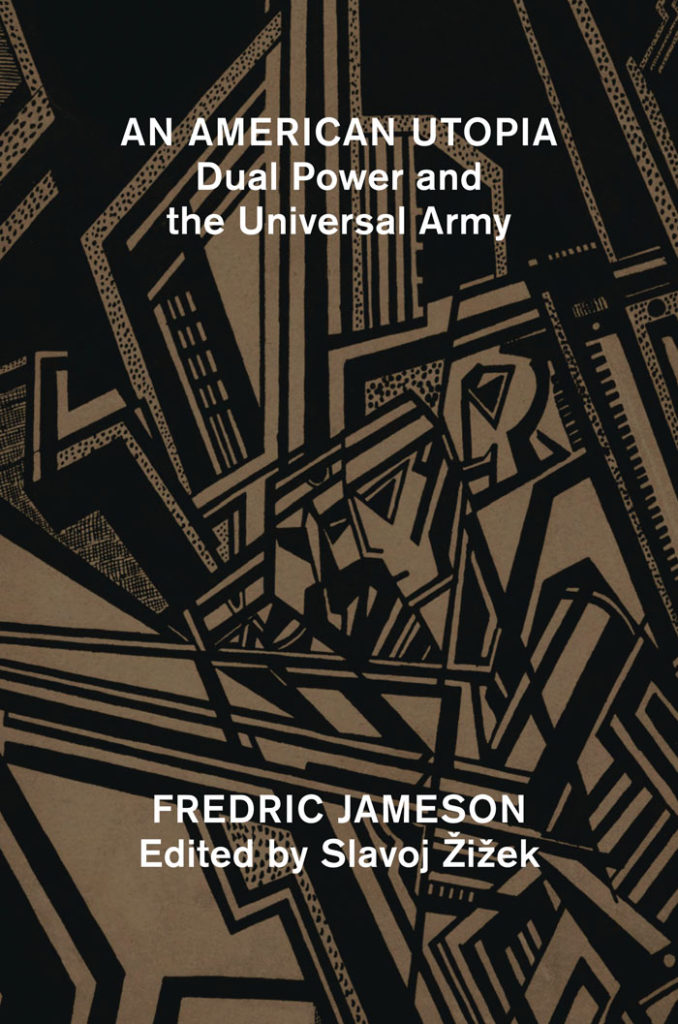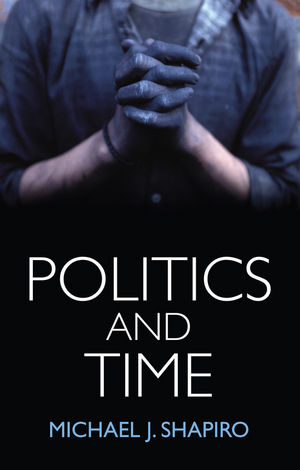If you’re an author or a publisher and have a forthcoming book, drop us a line at tips@critical-theory.com.
The Storyteller
By Walter Benjamin
The Storyteller gathers for the first time the fiction of the legendary critic and philosopher Walter Benjamin, best known for his groundbreaking studies of culture and literature, including Illuminations, One-Way Street and The Arcades Project. His stories revel in the erotic tensions of city life, cross the threshold between rational and hallucinatory realms, celebrate the importance of games, and delve into the peculiar relationship between gambling and fortune-telling, and explore the themes that defined Benjamin. The novellas, fables, histories, aphorisms, parables and riddles in this collection are brought to life by the playful imagery of the modernist artist and Bauhaus figure Paul Klee.
Buy it here.
Through Vegetal Being
By Luce Irigaray and Michael Marder
Blossoming from a correspondence between Luce Irigaray and Michael Marder, Through Vegetal Being is an intense personal, philosophical, and political meditation on the significance of the vegetal for our lives, our ways of thinking, and our relations with human and nonhuman beings. The vegetal world has the potential to rescue our planet and our species and offers us a way to abandon past metaphysics without falling into nihilism. Luce Irigaray has argued in her philosophical work that living and coexisting are deficient unless we recognize sexuate difference as a crucial dimension of our existence. Michael Marder believes the same is true for vegetal difference.
Irigaray and Marder consider how plants contribute to human development by sustaining our breathing, nourishing our senses, and keeping our bodies and minds alive. They note the importance of returning to ancient Greek tradition and engaging with Eastern teachings to revive a culture closer to nature. As a result, we can reestablish roots when we are displaced and recover the vital energy we need to improve our sensibility and relation to others. This generative discussion points toward a more universal way of becoming human that is embedded in the vegetal world.
Buy it here.
Reading Capital
By Louis Althusser, Etienne Balibar, Roger Establet, Pierre Macherey and Jacques Ranciere
Originally published in 1965, Reading Capital is a landmark of French thought and radical theory, reconstructing Western Marxism from its foundations. Louis Althusser, the French Marxist philosopher, maintained that Marx’s project could only be revived if its scientific and revolutionary novelty was thoroughly divested of all traces of humanism, idealism, Hegelianism and historicism. In order to complete this critical rereading, Althusser and his students at the École normale supérieure ran a seminar on Capital, re-examining its arguments, strengths and weaknesses in detail, and it was out of those discussions that this book was born.
Previously only available in English in highly abridged form, this edition, appearing fifty years after its original publication in France, restores chapters by Roger Establet, Pierre Macherey and Jacques Rancière. It includes a major new introduction by Étienne Balibar.
Buy it here.
Before Tommorrow
By Catherine Malabou
“Is contemporary continental philosophy making a break with Kant? The structures of knowledge, taken for granted since Kant s Critique of Pure Reason, are now being called into question: the finitude of the subject, the phenomenal given, a priori synthesis. Relinquish the transcendental: such is the imperative of postcritical thinking in the 21st century.
Questions that we no longer thought it possible to ask now reemerge with renewed vigor: can Kant really maintain the difference between a priori and innate? Can he deduce, rather than impose, the categories, or justify the necessity of nature? Recent research into brain development aggravates these suspicions, which measure transcendental idealism against the thesis of a biological origin for cognitive processes.
In her important new book Catherine Malabou lays out Kant s response to his posterity. True to its subject, the book evolves as an epigenesis the differentiated growth of the embryo Ð for, as those who know how to read critical philosophy affirm, this is the very life of the transcendental and contains the promise of its transformation.”
Buy it here.
Immanuel Kant: The Very Idea of a Critique of Pure Reason
By J. Colin McQuillan
Immanuel Kant: The Very Idea of a Critique of Pure Reason is a study of the background, development, exposition, and justification of Kant’s Critique of Pure Reason. Instead of examining Kant’s arguments for the transcendental ideality of space and time, his deduction of the pure concepts of the understanding, or his account of the dialectic of human reason, J. Colin McQuillan focuses on Kant’s conception of critique. By surveying the different ways the concept of critique was used during the eighteenth century, the relationship between Kant’s critique and his pre-critical experiments with different approaches to metaphysics, the varying definitions of a critique of pure reason Kant offers in the prefaces and introductions to the first Critique, and the way Kant responds to objections, McQuillan is able to highlight an aspect of Kant’s critical philosophy that is too often overlooked—the reason that philosophy is critical.
Buy it here.
Metaphilosophy
By Henri Lefebvre
In Metaphilosophy, Henri Lefebvre works through the implications of Marx’s revolutionary thought to consider philosophy’s engagement with the world. Lefebvre takes Marx’s notion of the “world becoming philosophical and philosophy becoming worldly” as a leitmotif, examining the relation between Hegelian–Marxist supersession and Nietzschean overcoming. Metaphilosophy is conceived of as a transformation of philosophy, developing it into a programme of radical worldwide change. The book demonstrates Lefebvre’s threefold debt to Hegel, Marx and Nietzsche, but it also brings a number of other figures into the conversation, including Sartre, Heidegger and Axelos. A key text in Lefebvre’s oeuvre, Metaphilosophy is also a milestone in contemporary thinking about philosophy’s relation to the world.
Buy it here.
An American Utopia
By Fredric Jameson
Fredric Jameson’s pathbreaking essay “An American Utopia” radically questions standard leftist notions of what constitutes an emancipated society. Advocated here are—among other things—universal conscription, the full acknowledgment of envy and resentment as a fundamental challenge to any communist society, and the acceptance that the division between work and leisure cannot be overcome. To create a new world, we must first change the way we envision the world. Jameson’s text is ideally placed to trigger a debate on the alternatives to global capitalism. In addition to Jameson’s essay, the volume includes responses from philosophers and political and cultural analysts, as well as an epilogue from Jameson himself.
Many will be appalled at what they will encounter in these pages—there will be blood! But perhaps one has to spill such (ideological) blood to give the Left a chance.
Buy it here.
Politics and Time
By Michael J. Shapiro
Catastrophic events like the bombing of Hiroshima, Hurricane Katrina’s devastation of New Orleans, and drone strikes periodically achieve renewed political significance as subsequent developments summon them back to public awareness. But why and how do different conceptions of time inform and challenge these key events and the narratives they create?
In this book, Michael J. Shapiro provides an approach to politics and time that unsettles official collective histories by introducing analyses of lived experience articulated in cinematic, televisual, musical, and literary genres. His investigation is framed by questions of our responsibility to acknowledge those victims of violence and catastrophe who have failed to rise above the threshold of public recognition. Ultimately, by focusing on time as an active force shaping our conception of political life, we can deepen our understanding of complex political dynamics and improve the theories and methods we rely on to interpret them.
This bold and original book will be of interest to students and scholars of political theory, cultural studies and cinema studies looking for a new perspective on the temporal aspects of political life.
Buy it here.

